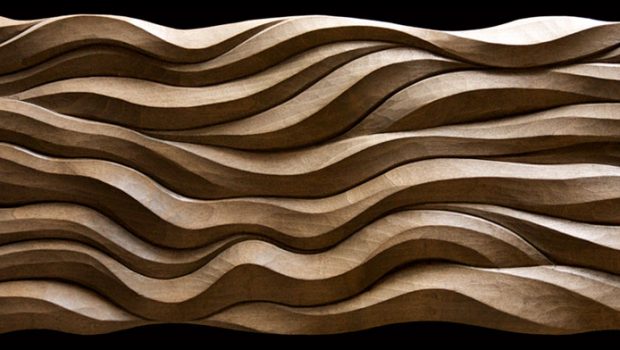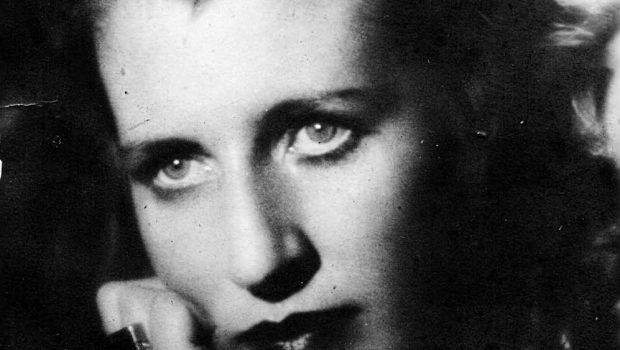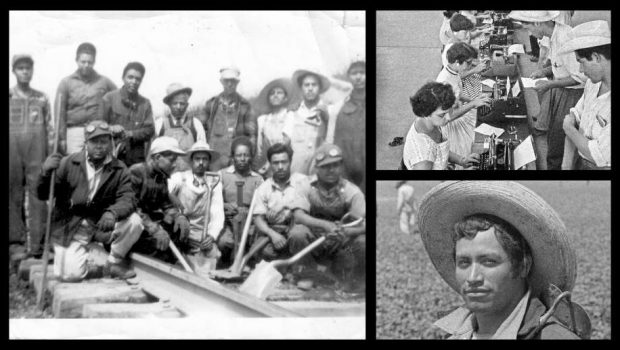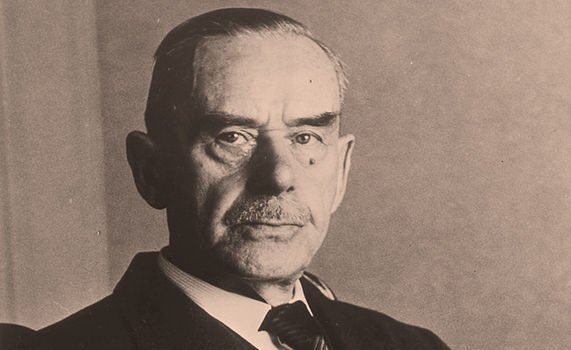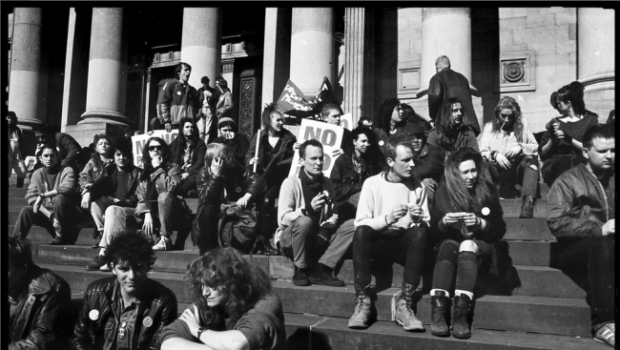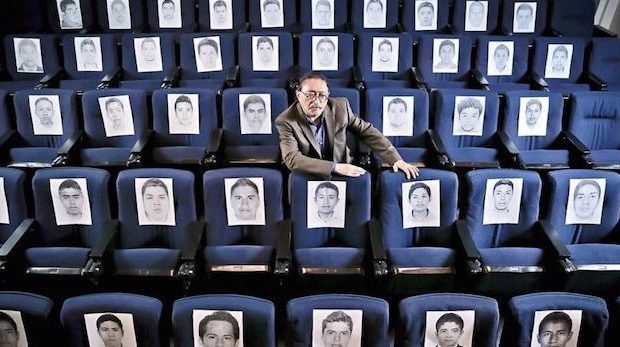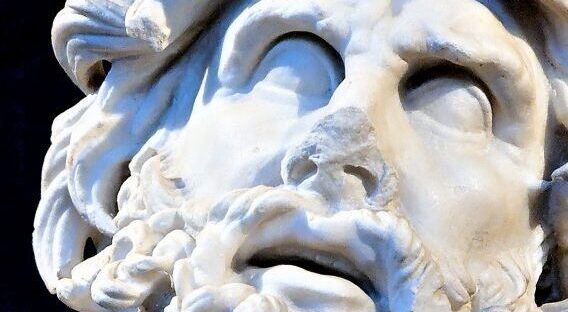Last Night in Puebla
Mauricio Ruiz
For the second time he told the priest he didn’t know who General Ponce was.
“Okay, okay,” the priest said, and raised his glass. “Salud.”
Aurelio raised his, then drank some of the aguardiente. They were seated in chairs he’d put together that morning, though not yet varnished, and their faces were half lit from the fire, red and deep orange, embers crackling at random times. On the floor and scattered all around, lay a thick layer of sawdust and wood shavings, the whole room filled with the scent of pinewood and rosewood.
“You must be glad it’s taking them this long to regroup,” the priest said over his glass.
Aurelio smiled, then crossed his legs, the one foot down barely touching the floor.
“Fine,” the priest said. “Let’s talk about something else.” He shifted in his chair, looked around. “What are you working on now?”
“It hurt them bad, didn’t it?”
The priest didn’t seem to hear him. He stood up, walked over to where a small oak chest stood. He bent over it, passed his finger over the pre-hispanic motifs in detailed, minuscule relief, then he chortled. “You cheap copycat.”
Aurelio grinned. “I’m a good observer.”
“How old were we? Six? Seven? I still remember how you loved to hide in my uncle’s studio. What were you doing in there besides nosing around, trying to open drawers you weren’t supposed to?”
“It was quiet and cool in there, that’s all.”
“Quiet to spy on the maid, you mean? She was cute, I have to say.”
Aurelio smiled, looked down at his lap, then he stood up, smoothed the front of his pants. “You hungry? Let me get you something.”
“No, I should get going.”
“Come on, you’re here. I wasn’t expecting anyone this late but I can fix you something.”
“No, it’s fine. Tomorrow we have an early morning.”
Aurelio sat down. “It’s been a while. I really miss our walks.”
“Don’t blame me, blame the Juaristas.”
He gazed at the priest but said nothing.
“Sorry. I don’t know why I said that.”
They were silent for a moment, then the priest said, “Where would you like to go tomorrow? Toward Acatepec? Amozoc?”
The two of them had started going on morning walks to the forests around Puebla since they were in their late teens, perhaps earlier, and Aurelio more than Javier would sense a tremor in his legs, a quiet kind of happiness that made him feel dizzy, high on excitement, the scent of wet earth and fir resin filling his nose. Under the shade of an oak or a beech tree, he’d close his eyes and touch the bark, feel the rough surface with his fingertips, the earth’s blood running underneath, such beautiful tall trees, with ancient lives most of them, the things they had seen, and he knew Javier was a few steps away watching, waiting for him in silence.
Toward Amozoc was fine, he told Javier. On a clear day there was a beautiful view of the mountain. Did Javier remember the path they’d found years ago, long before he was ordained?
“How could I forget? My lip was swollen, my left eye nearly closed.”
Aurelio frowned, then smiled, his cheeks and neck turning red.
“That guy, what was his name? He was always bullying you,” Javier said.
Aurelio sighed, shook his head. “It’s in the past.”
“I never liked him anyway. Calling you mini Aurelio Robles and insect and – ”
“Can I get you another drink? Come on, you still have time.”
Javier took out his pocket watch, then looked at Aurelio, a faint smile beginning to form. “Bring some ham or beans or something.”
In the kitchen Aurelio glanced over his shoulder, made sure the door was closed, then put away the dirty plates and pewter cups, the extra spoons, all of them signs there’d been someone else in the kitchen with him. General Ponce, who was now sleeping in the chicken coop, and a young woman had knocked on Aurelio’s door two days earlier, in the hours before dawn, he with a peasant hat and dirt on his face, she with a light blue dress that contrasted with her tanned skin and hazel eyes; there were copperish brown tones in her long thick lashes which she batted with urgency.
“Sir, have mercy,” she said. “The French are after him. Nobody wants to help, they’re afraid. Please.”
She’d spoken so close to him that he’d felt her breath in his face, picked up the smell of potatoes and coriander, maybe nopales, and for a moment he was dazed, unable to blink or feel the surge of blood to his face. He looked at her, at the tiny brown dots around her iris, the fullness of her lips, then at the man, resigned and serene, then he let them in, closing the door and giving them one of the candles he held in his hand. He’d led them to the kitchen, offered them something to eat and a change of clothes for the man; he didn’t ask why the General was being sought. After the Cinco de Mayo battle, the French had begun to gather additional forces, wanting to seize Puebla and hang any Juarista leaders they found. He saw them embrace as if it were for the last time, tears in the woman’s eyes. She said, “Be safe, Papa.” At the door, Aurelio shook his head, told her there was no need when she offered a few coins. She gazed at him in a way he’d never been gazed at by a woman before, as if admiring the heartbeat of a hummingbird, the slow sinking of a ruby-like sun in high seas – she seemed not to be looking at his body, small and unattractive; it was something else she was peering at. After a moment he cleared his throat, tried to hide his nervousness when he said, “I promise.” She stood there, her lips parted, her hair still uncombed. She smiled and murmured something, Gracias, it seemed, then turned around and walked away in a hurry. In the distance, the first rays of sunlight hit the dome of La Soledad church at an angle.
Back in the atelier he found Javier standing by the fire, arms extended; he turned his head when Aurelio laid the plates on the table.
“It’s a bit cold,” Javier said, rubbing his hands. He walked over to the table, looked at the food then leaned forward and inhaled.
“Ahhh,” he said. “What are you doing to me?”
Aurelio smiled. “It’s just beans with lamb and some herbs.”
“Every time,” Javier said, as he sat down. “I eat and I eat. No matter what you cook.”
Aurelio removed the cloth covering a small basket, steam rising to his face. “Blue corn tortillas.”
Javier winked, then grabbed a spoon and tasted the beans. He tipped his head back as he chewed, rolling his eyes, then he moaned.
Aurelio suppressed a chuckle. “Here’s some salsa. The one you like, with chile de árbol.”
“Give me that,” Javier said, smiling with glee. “I still remember those Sunday meals at your grandma’s place.”
“We had food for days. My mom never let anything go to waste.”
“Yes, I remember both of them in the kitchen. Grumbling and arguing, sometimes yelling at each other. And then they were laughing.”
“It was part of the ritual.”
Javier wiped the corner of his mouth with a napkin. “You have gifted hands, I’m telling you.”
At least there is that, Aurelio thought, as he sat down across from Javier and poured himself some aguardiente.
As a child he came to realize there wasn’t much of a stellar future for him. At the shop his father often had to apologize to customers, give them more coins as change or cut extra cheese for them. “Where’s your head?” he’d say to Aurelio, before dismissing him, sending him to play with his friends. But what friends? There was only Javier. They’d go to the river and look for frogs, run after butterflies, lie in the shade and look at the benevolent sky, the clouds that seemed to be smiling at them. One day, when he found a fallen branch and carved a small cross for Javier, something in his spirit whirled, a feeling of expansive relief growing in his heart; his was not a life without meaning. He became the apprentice to an old man with a mane of white hair, so doubled over one hardly saw his face, a wizard of the craft with whom Aurelio learned the cutting techniques, the subtleties of each type of wood. Every month he’d go with the lumberjacks to the forest, kneel in front of the trees to be felled and murmur words asking for forgiveness.
“I can only try to convert them into something beautiful,” he’d told Javier the day he finished his first dining room table. “That’s the least I can do.”
Aurelio raised his glass. “What should we toast to?”
They were seated at the table having drunk half of the bottle, a feeling of grogginess drifting over them. Javier scratched his temple, then said “No, you propose something. You know what I’m going to say.”
Aurelio sighed, looked down at the used, crumpled napkins at the edge of the table.
“What?” asked Javier. “You think I’m being unreasonable?”
Aurelio put down his glass. “We’ve been through this.”
“And you still won’t listen. Look at what the Juaristas have done to the Church, what they’ve done to me?” The veins on his neck were bulging, drops of spittle landed on the table and on Aurelio’s forearm.
“Maybe we should stop.”
“Now it’s the Church,” Javier went on. “God knows what’s going to come next.”
“And you think the French are all kindness?”
“At least they’re not savages.”
Aurelio shook his head. “That’s the difference between you and me, and I say this only because it’s you, Javier, no politics, no agenda. Sometimes I wonder, what kind of country do you want to live in?”
They stared at each other for a moment, then Javier lowered his head, took a sip of his aguardiente. “I’m only here to help,” he said in a low voice.
Aurelio frowned.
“They won’t hurt him,” Javier said. “You have my word.”
“Hurt who?”
“All they want is information, nothing more. He’ll be okay if he talks.”
Aurelio brought the glass to his mouth but barely tasted the liquor. “You keep saying he, he, and I don’t even know who you’re talking about.”
Javier pursed his lips and tried to smile, then tapped the glass with his finger. “Can I have some more?” he asked. He waited until Aurelio had filled it up. “I can protect you,” he said. “If you cooperate, everything will be forgotten.”
Aurelio smiled, wiped the sweat off his forehead with the back of his hand. “Everything? What is this everything?”
Javier gazed at him, filled his lungs, then exhaled. “They saw her, Aurelio. There’s no use.”
Aurelio stood up, began to pick up the plates and the cutlery.
“Aurelio, please,” said Javier. “If you refuse, I don’t even want to think – ”
“Toward Amozoc, we said, didn’t we? What time did you want to leave?”
Javier hung his head. “Don’t do this,” he said, but Aurelio had already gone to the kitchen.
After Javier had gone, Aurelio went to the coop and warned the General, told him it was no longer safe to stay there. The General picked up his peasant hat and put a hand on Aurelio’s shoulder. “Mexico will be different one day,” he said. “But until then…” He smiled at Aurelio, a smile that revealed grief, sustained misery, then he disappeared in the night.
Aurelio went back to the atelier and sat in one of his chairs by the fire, at times dozing off, only to wake up feeling nauseous, an intense pain above his stomach. He sat there hunched, watching the embers die off, almost forgetting to blink, sparks flying in the air like tiny meteors, then vanishing, time had ceased to matter, even exist in his mind. He began to see fleeting images, some of them out of focus, houses on fire, men with swollen faces being beaten up with riflebutts, women carrying small children, wailing in horror; then a knock on his door, the lips of the young woman, her eyes, the way they’d lingered on his, the shape of her corset as she walked away.
After a while he swallowed once, twice, noticed he had cotton mouth and got up, shuffled to his desk and poured himself some water, his back and legs feeling numb. He looked around at his atelier, took it all in, a silky curtain of warmth spreading over him, and he felt peace, an almost delirious joy when he picked up a mahogany stick and began to carve something, pausing at times to astound himself, see the veins in the wood, there was such beauty, and he did not stop when he heard horses whinnying and neighing outside, the men’s voices growing louder. Hunched over at his desk, he held the hilt of the knife with precision, felt the slight friction as the wood began to take shape, a human-like figure that was coming to life for the first time under his hands.
Mauricio Ruiz is a Belgian-Mexican writer who has lived in the United States, Belgium and Norway. He was the finalist of the Bridport and Myriad Editions prizes in the United Kingdom, as well as of the Fish Short Story Prize of Ireland.
© Literal Publishing.
Posted: February 3, 2017 at 12:28 am


